W. P. Birmingham
A Comprehensive Trainable Error Model for Sung Music Queries
Jun 30, 2011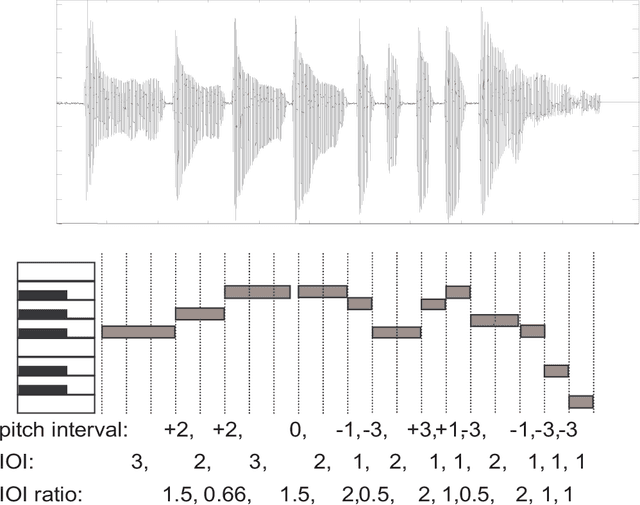
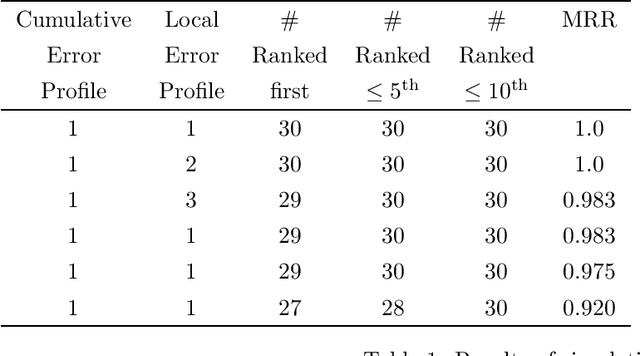
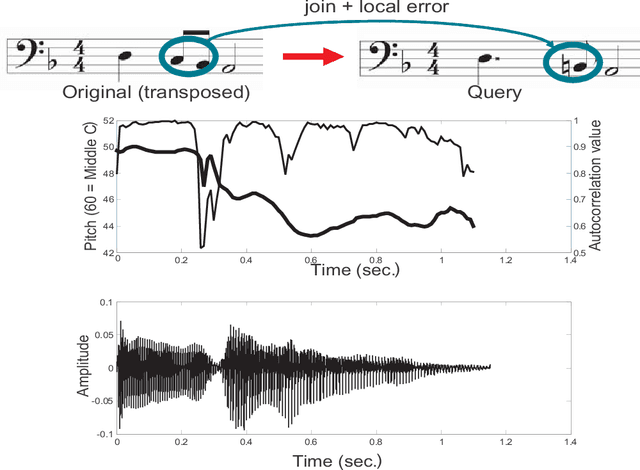
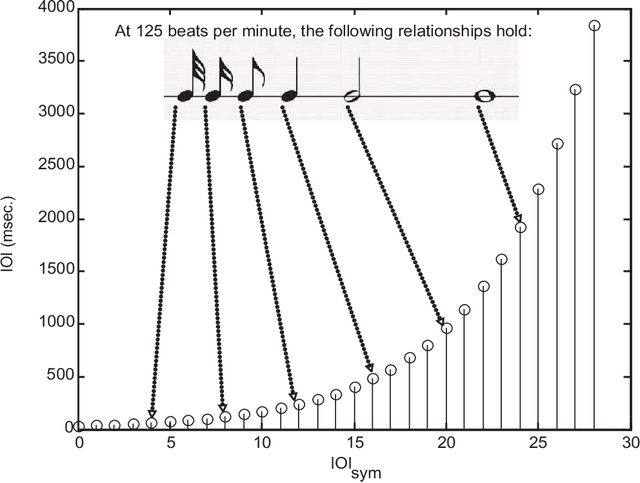
Abstract:We propose a model for errors in sung queries, a variant of the hidden Markov model (HMM). This is a solution to the problem of identifying the degree of similarity between a (typically error-laden) sung query and a potential target in a database of musical works, an important problem in the field of music information retrieval. Similarity metrics are a critical component of query-by-humming (QBH) applications which search audio and multimedia databases for strong matches to oral queries. Our model comprehensively expresses the types of error or variation between target and query: cumulative and non-cumulative local errors, transposition, tempo and tempo changes, insertions, deletions and modulation. The model is not only expressive, but automatically trainable, or able to learn and generalize from query examples. We present results of simulations, designed to assess the discriminatory potential of the model, and tests with real sung queries, to demonstrate relevance to real-world applications.
Use of Markov Chains to Design an Agent Bidding Strategy for Continuous Double Auctions
Jun 29, 2011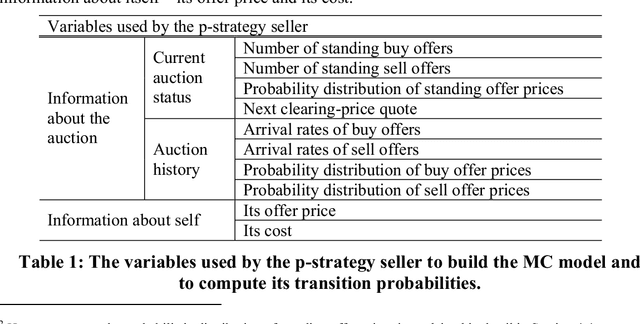
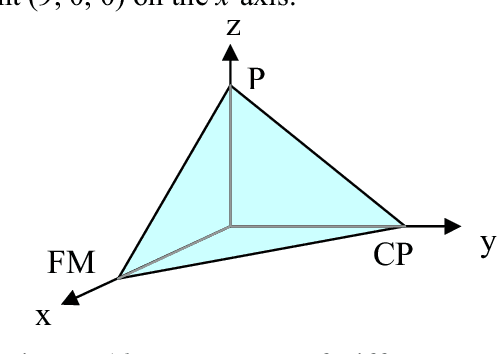
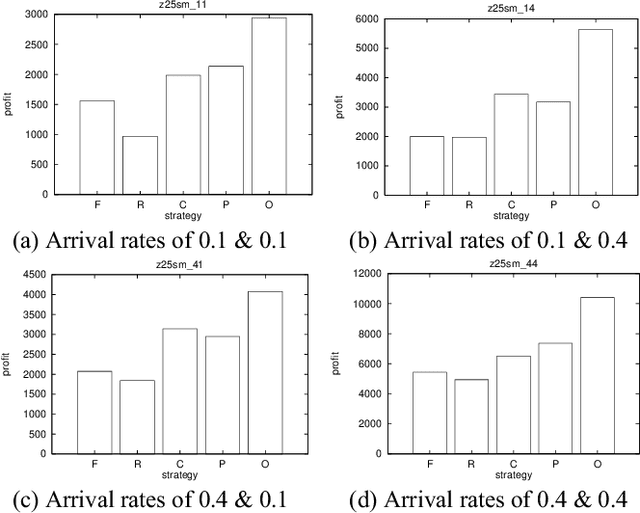
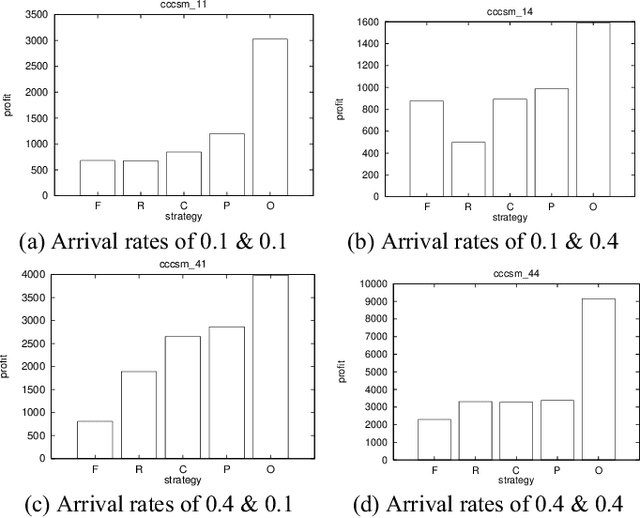
Abstract:As computational agents are developed for increasingly complicated e-commerce applications, the complexity of the decisions they face demands advances in artificial intelligence techniques. For example, an agent representing a seller in an auction should try to maximize the seller's profit by reasoning about a variety of possibly uncertain pieces of information, such as the maximum prices various buyers might be willing to pay, the possible prices being offered by competing sellers, the rules by which the auction operates, the dynamic arrival and matching of offers to buy and sell, and so on. A naive application of multiagent reasoning techniques would require the seller's agent to explicitly model all of the other agents through an extended time horizon, rendering the problem intractable for many realistically-sized problems. We have instead devised a new strategy that an agent can use to determine its bid price based on a more tractable Markov chain model of the auction process. We have experimentally identified the conditions under which our new strategy works well, as well as how well it works in comparison to the optimal performance the agent could have achieved had it known the future. Our results show that our new strategy in general performs well, outperforming other tractable heuristic strategies in a majority of experiments, and is particularly effective in a 'seller?s market', where many buy offers are available.
 Add to Chrome
Add to Chrome Add to Firefox
Add to Firefox Add to Edge
Add to Edge